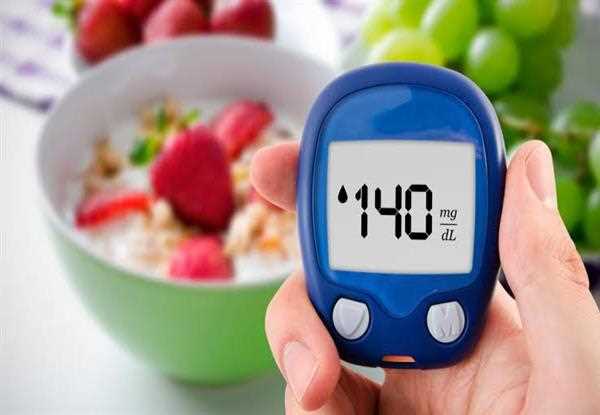Consulting a doctor is essential when experiencing low blood sugar levels, medically known as hypoglycemia. While it is advisable to consult with a healthcare professional for personalized advice, there are general guidelines to consider regarding when to seek medical attention for low blood sugar. It's important to note that the following information is not a substitute for professional medical advice, and consulting a doctor is always recommended.

1. Severe Symptoms: If you experience severe symptoms of hypoglycemia, it is crucial to seek immediate medical attention. These symptoms may include confusion, disorientation, unconsciousness, seizures, or extreme difficulty in functioning. Severe hypoglycemia can be life-threatening and requires immediate medical intervention.
2. Inability to Treat It Yourself: If you are unable to raise your blood sugar levels to an acceptable range using glucose tablets, sugary drinks, or food, despite repeated attempts, it is advisable to consult a doctor. They can help assess the situation and provide appropriate guidance and treatment.
3. Frequent or Recurrent Episodes: If you are experiencing frequent or recurrent episodes of low blood sugar, it is important to consult with a doctor. Recurring episodes may indicate an underlying issue, such as an insulin or medication dosage problem, that needs to be addressed and managed by a healthcare professional.
4. Unexplained Hypoglycemia: If you experience low blood sugar without a clear cause or if the episodes are becoming more frequent or severe, it is advisable to consult a doctor. Unexplained hypoglycemia may be a sign of an underlying health condition, such as hormonal imbalances, pancreatic disorders, or certain medications, which require medical evaluation and management.
5. Difficulty Managing Diabetes: If you have diabetes and are finding it challenging to manage your blood sugar levels, including frequent episodes of low blood sugar, it is important to seek medical advice. Your doctor can help review your diabetes management plan, adjust medications or insulin dosages if necessary, and provide guidance on lifestyle modifications or dietary changes.
6. Persistent Symptoms: If you experience ongoing symptoms associated with low blood sugar, such as fatigue, dizziness, irritability, or difficulty concentrating, it is advisable to consult with a healthcare professional. Persistent symptoms can indicate an imbalance in blood sugar levels that may require medical intervention or adjustments in treatment.
Remember, the severity and impact of hypoglycemia can vary from person to person, and it's crucial to discuss your specific symptoms and concerns with a healthcare professional. They will be able to provide you with personalized advice, evaluate your medical history, and recommend appropriate measures to manage and prevent future episodes of low blood sugar.